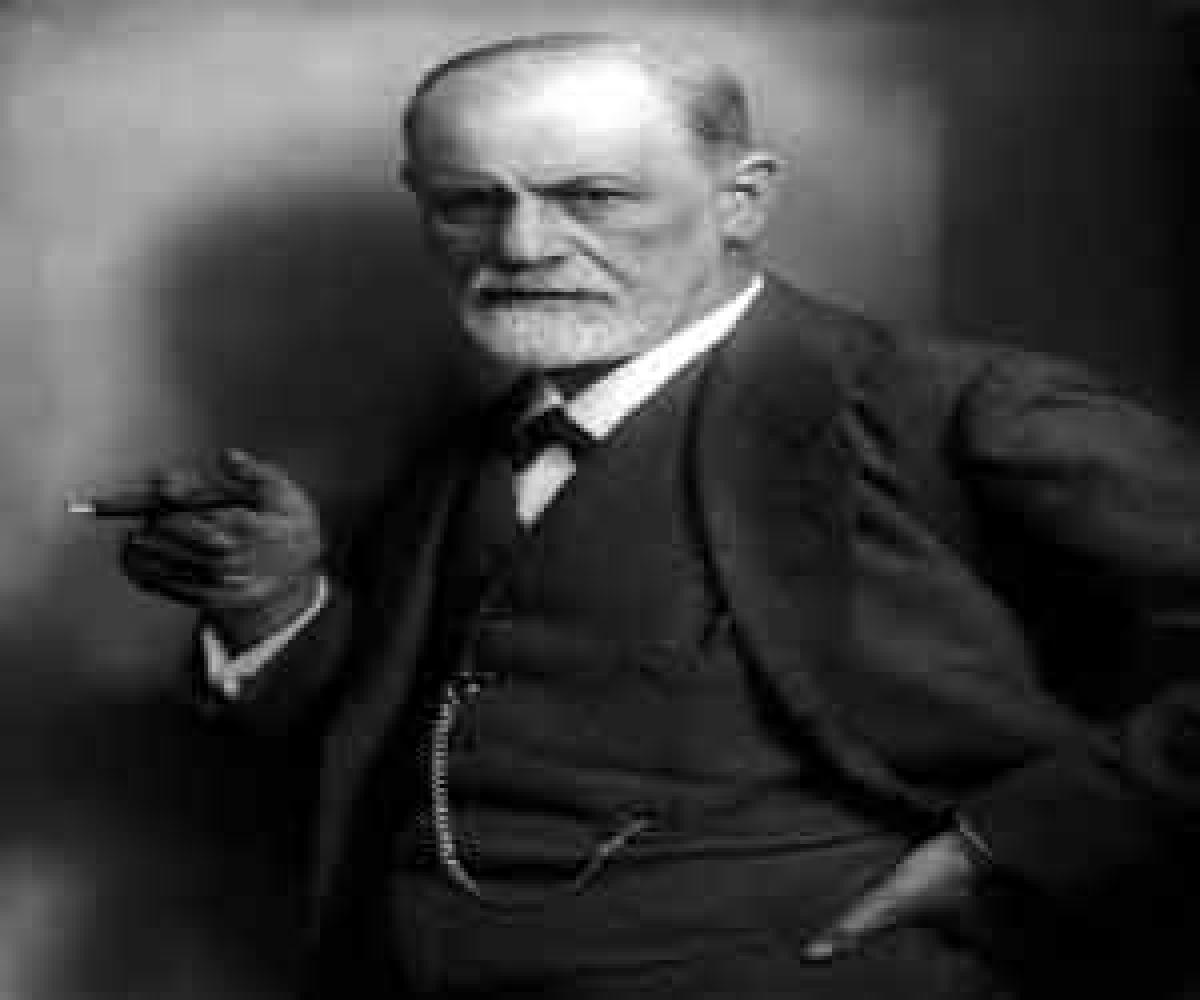Freud in today’s world

Is the greater contributor to human understanding the one who makes a discovery or one who discerns there is something to be discovered? It may seem the first one but discoveries seldom come as a sudden flash but build on earlier work, even if this is later proved erroneous.
Is the greater contributor to human understanding the one who makes a discovery or one who discerns there is something to be discovered? It may seem the first one but discoveries seldom come as a sudden flash but build on earlier work, even if this is later proved erroneous.
We may still far from know fully how our minds work, but for determining this could be studied and offering a plausible explanation we must credit Sigmund Freud whose 160th birth anniversary was on Friday.
Father of psychoanalysis, Freud (1856-1939) is generally believed to propound a theory of human mental development based on the point that all human behaviour is ultimately an expression of instinctual, biological desires.
This is among the reasons why Freud has been so attacked and vilified, and his theories discredited by even some of these initial disciples.
If you feel he was right and take pride in being contentious and contrarian, you can well argue that this proves his case. On the other hand, the implied focus of a lot of modern culture, advertising and entertainment could anyone think he may well have been right.
Leave alone his work on dreams and their significance, hysteria, the unconscious, homosexuality, on taboos, on jokes, on gender roles and relations and the vexed, often heated debate all this engenders, Freud continues to maintain a key influence in our world and its culture.
Believe him or revile him, you can hardly ignore him (a trait he shares with Karl Marx, another key contemporary thinker who happened to be born the day before him - May 5 - though nearly three decades earlier).
But why Herr Doktor Freud (as he was known in his place and time) still significant? Three reasons - Freudian slips, the Oedipus Complex and id, ego and superego - and how they are represented in or can help explain some aspects of our favourite cultural works from the works of Fyodor Dostoyevsky to ‘Star Trek’.











